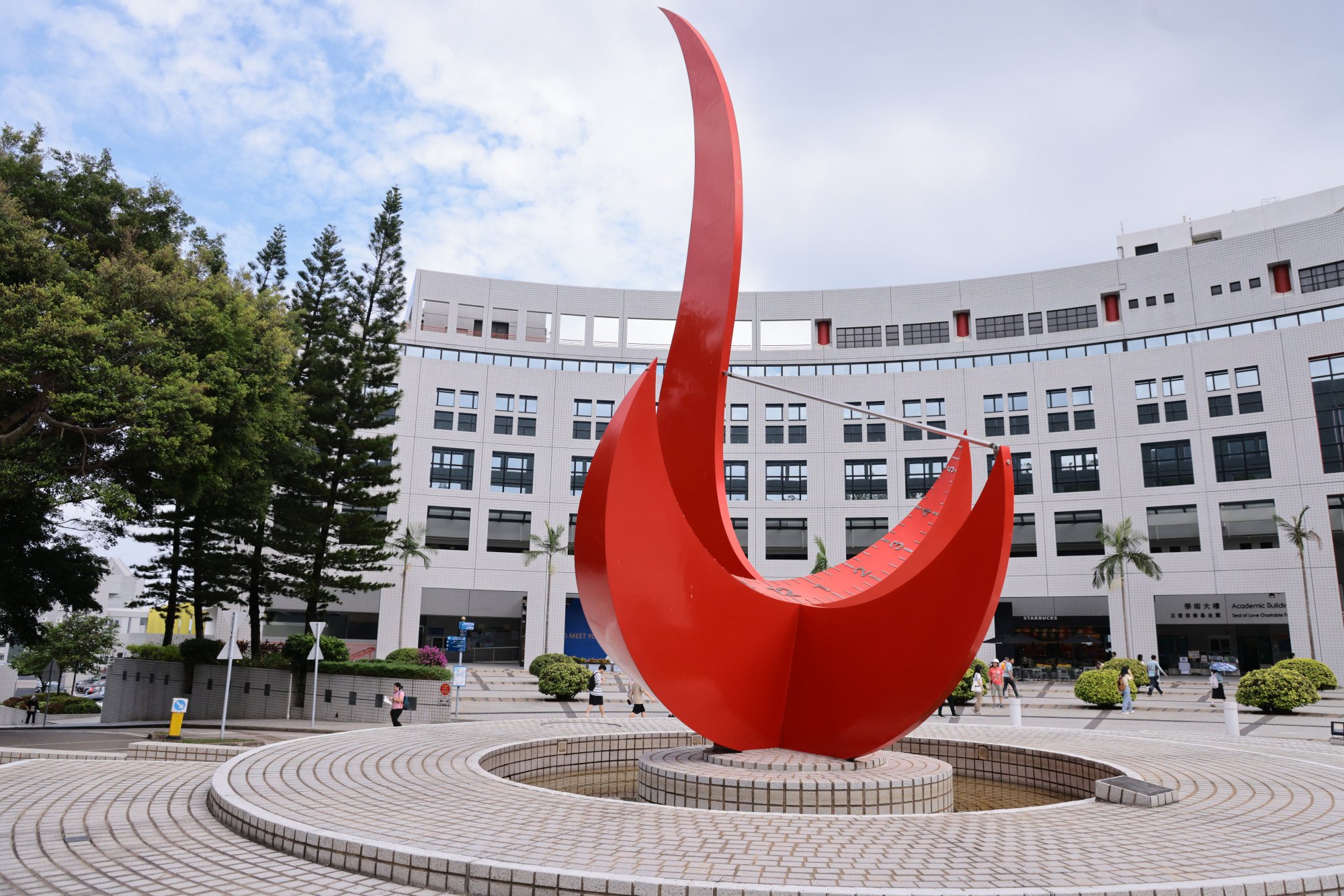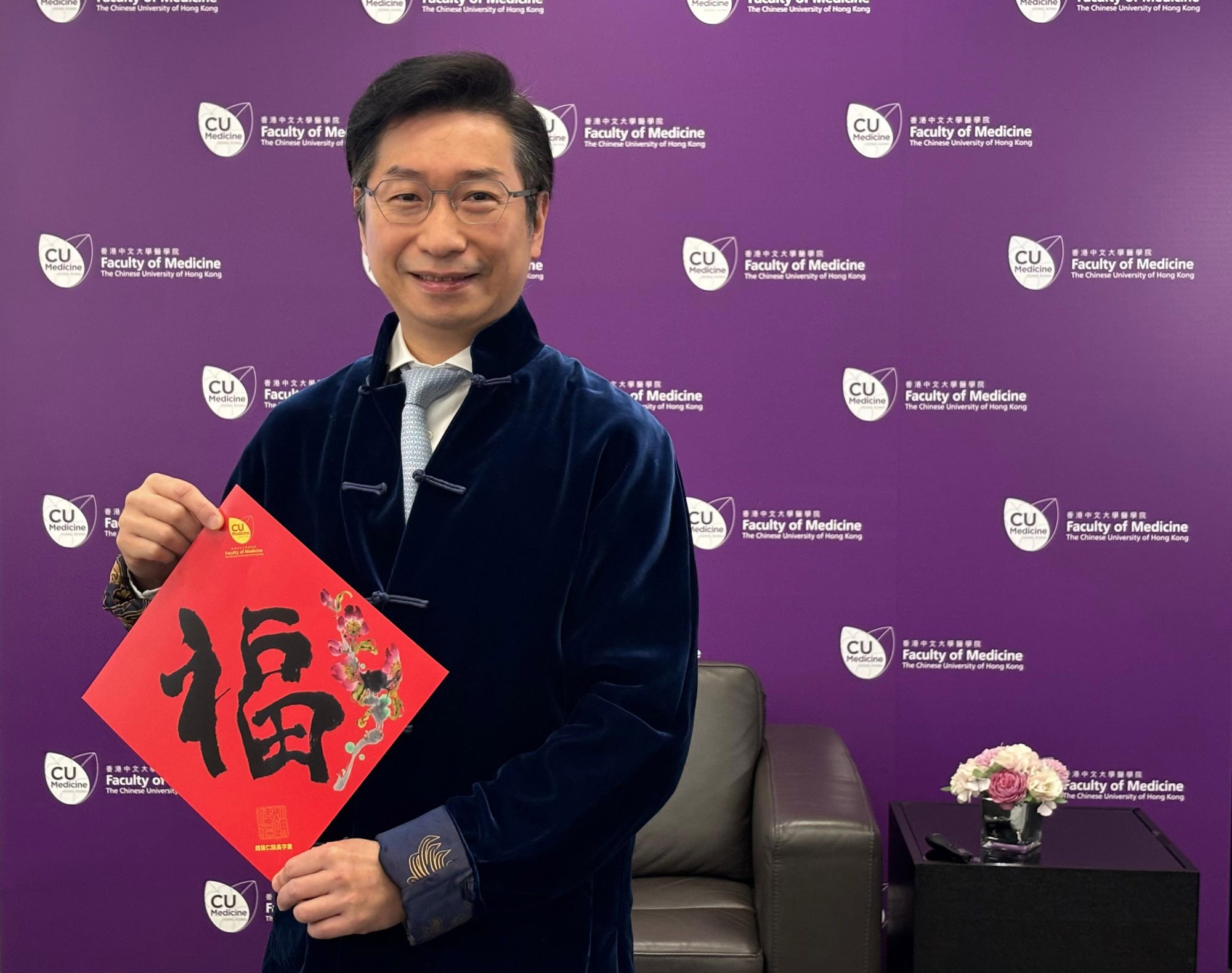
Hong Kong University of Science and Technology chief Nancy Ip hopes to launch city’s third medical school by mid-2027
- HKUST president Nancy Ip confirms plans to set up the city’s third medical school to media for first time after lawmakers unveiled proposal last year
- ‘The first step is to formulate a forward-looking medical school blueprint and we are working on it,’ she says
A university aiming to establish Hong Kong’s third medical school hopes to launch the plan before mid-2027, with first-degree students in various disciplines being targeted for enrolment.
Nancy Ip Yuk-yu, president of Hong Kong University of Science and Technology (HKUST), on Thursday also said they would be collaborating with a renowned institution in Europe.
She said the university was drafting a blueprint and a budget.
Ip confirmed the plan to the media for the first time after lawmakers unveiled the proposal last October.
“The first step is to formulate a forward-looking medical school blueprint and we are working on it,” Ip said. “We set up a planning committee and are working on budgeting.”
News of the potential medical school surfaced last April in an unconfirmed media report that quoted anonymous sources, but more details emerged in October when the president briefed lawmakers on the plan.
The Post earlier reported that the university was working on a proposal for an American-style medical school with a stronger emphasis on research and development.

Hong Kong already has medical schools at the University of Hong Kong and Chinese University.
Ip said the launch date of the medical school would depend on work progress but stopped short of revealing whether the government had officially given the green light for the plan.
“But we extremely hope it can be launched within the current term of the government,” she said.
The present administration will complete its term on June 30, 2027.
A Health Bureau spokeswoman said it was essential that any new medical student training programme must have sufficient staff for medical teaching and training to ensure high quality.
“We will continue to maintain communication with UST and further consider the detailed proposal when submitted by UST,” she said.
She added the UST plan to offer a medical programme was still at a preliminary stage.
Ip also revealed the university hoped to set up a “satellite campus” in the Northern Metropolis to develop interdisciplinary education, medicine for the future and innovation and technology.
The campus, pencilled in to be located near the border with mainland China, would focus on driving research on health and green technology, fintech, nanotechnology and smart manufacturing.
Hong Kong universities urged to invest in research for curiosity’s sake
But the medical faculty will not be for school leavers as its four-year “graduate-entry bachelors” programme will only target students who already have a first degree.
Applicants would need to pass an entry test to prove they have attained an international level of attainment to study medicine.
“[The applicants] should be university graduates and can come from different domains. The graduates may not necessarily come from biology, but they can come from engineering,” she said.
The president said they aimed to enrol 50 students at first, which would gradually increase to about 150.
The annual medical student intake more than doubled over the past 18 years, from 250 in the 2005-06 academic year to 590 in 2022-23.
Philip Chiu Wai-yan, the new dean of medicine at the Chinese University of Hong Kong, said he planned to introduce artificial intelligence (AI) training into the curriculum as soon as the next academic year.
“The use of new technology is very important in terms of the education for our next generation [of] medical doctors,” he said. “They need to learn how to make good use of this technology.”

Chiu said he was exploring opportunities for application of technology in classrooms by combining AI language models with augmented reality to create “simulated clinical scenarios” for students to gain experience.
Students also needed to understand the legal and ethical issues that came with using such technology, Chiu added.
The university’s medical faculty received a HK$30 million (US$3.8 million) donation from property tycoon Li Ka-shing last September, which the school said would be used to develop its use of AI in research and education.
Renowned neuroscientist Nancy Ip set to become HKUST’s next president
Chiu said the faculty had been working to update the curriculum since last year with a view to its introduction “as soon as possible”. He added that it could be up and running by the 2024-25 academic year.
Chiu also brushed off concerns that proposed national security legislation under Article 23 of the Basic Law, the city’s mini-constitution, would affect the medical school’s recruitment capabilities and foreign partnerships.
“I trust that it will not affect the joining of new recruits or our current staff in our faculty of medicine,” Chiu said.
“With the stability of Hong Kong, in terms of the political situation, I believe that it will enhance our development in terms of scientific discovery, innovation and technological development, as well as our clinical services to provide to the public.”


